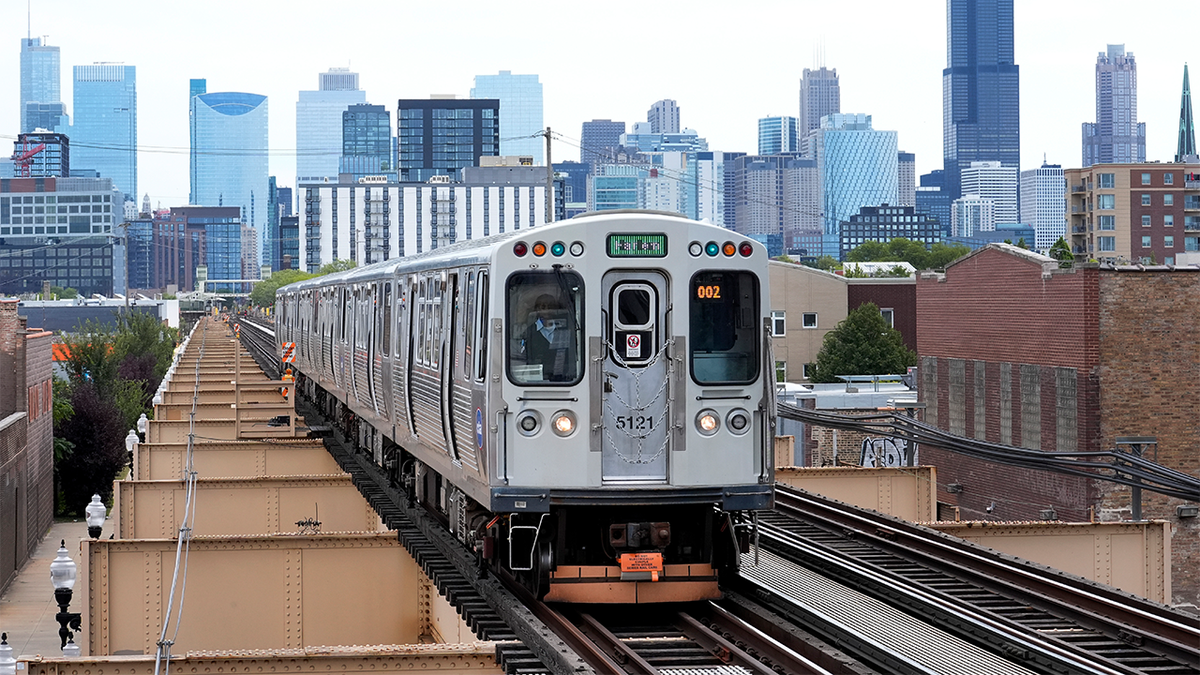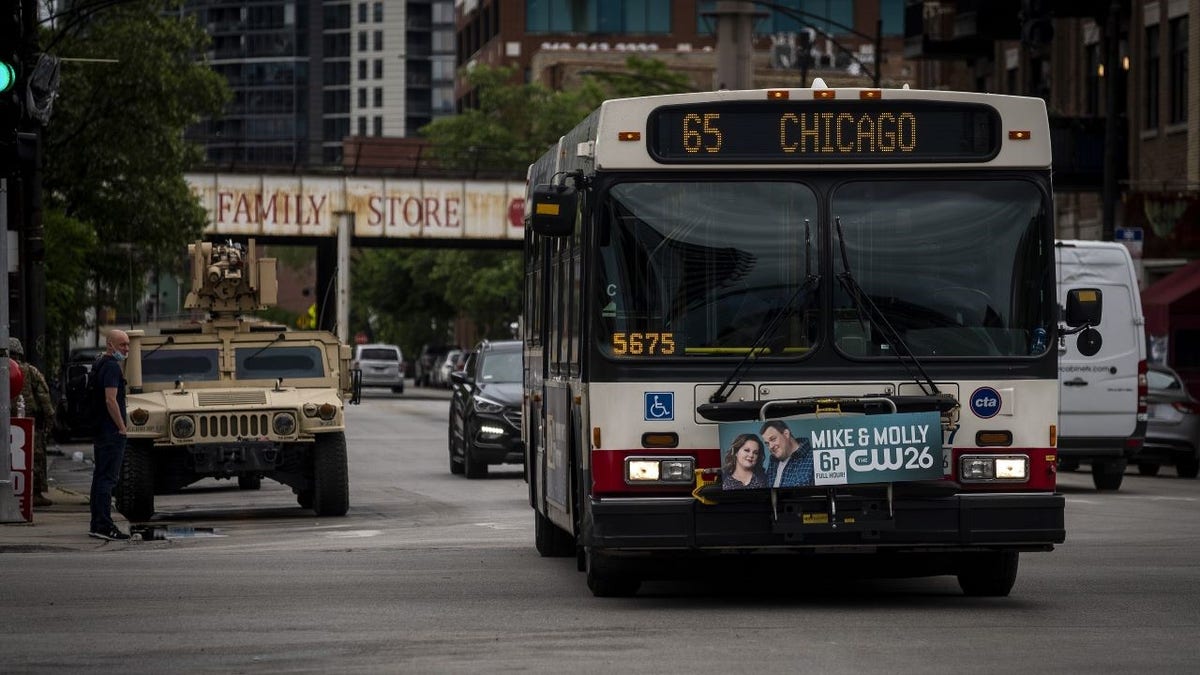Physical Address
304 North Cardinal St.
Dorchester Center, MA 02124
Physical Address
304 North Cardinal St.
Dorchester Center, MA 02124

NewYou can now listen to Fox News articles!
The Federal Appeals Court approved the banning of Illinois on the carrying of firearms in public transit, reversing the lower judgment of the court, which found the gun restrictions transferred before it was transferred Elsewhere Amendment US Constitution.
The Seventh Circle of the Court of Appeals on Tuesday passed its decision, with Joshua Collar writing for most that the ban “is pleasantly placed in the centuries-old practice of firearms in sensitive and crowded.”
“Another amendment protects the right of an individual in self-defense. It is not engaged in the National Representatives – in accordance with our historical tradition of our nation – to ensure that public transport systems remain without accessible firearms,” Kolar wrote.

The Court of Federal Complaints approved the ban on Illinois on the wearing of firearms in public transit. (AP)
“We set whether the state can temporarily disarm its citizens while traveling in crowded and closed metal pipes, unlike everything the founders are foreseen,” the judge continued. “We draw from the lessons of our historical regulatory traditions of our nation and we do not find another violation of amendments in such a regulation.”
Last year, the American District Court for Northern Illinois Districts, as well as four plaintiffs who claimed that the limitation of people were to carry weapons in public buses and trains was unconstitutional.
The District Court relied on 2022 The US Supreme Court Decision, New York Association of Rifles and Pistols, Inc. Against Bruen, in which the new standard determined whether a limitation of weapons was established. In order to meet this standard, the government must show a “historical tradition of firearms” that supports the law. The Court said that there are no analog conditions justifying the limits of weapons in public transit.

Last year, a lower court court collision with four prosecutors who claimed that the limitation of people to carry weapons in public buses and trains was unconstitutional. (Photography Gregory Potter / Interim Archives / Getty Images)
But the Appeals Court found that the ban was constitutionally protected.
“Our concern is whether the law aligned with the tradition of the nation,” the volume of the volume reads. “We believe that (the law) is constitutional because it is used by regulatory principles that arose in the establishment of the era and continue to the present.”
The case, started from several arms owners and supports groups for weapons rights, it is expected to complain to the US Supreme Court.
Although prosecutors claimed that transit restrictions were tried in 2022. Years Bridge The decision, the seventh round said that the state showed a sufficient historical basis for the treatment of crowded public transport as a “sensitive place”.
Public transit ban on firearms was conducted in 2013. years, when Illinois has become the last country in a country to approve the wearing of hidden weapons in public.

A public transit ban on firearms was conducted in 2013. years. (Christopher Dilts / Bloomberg via Getty Images)
Click here to get Fox News app
At the top of the barrier ban on the buses and trains, the measure limited possession of weapons in hospitals and some other public spaces.
Kolar, appointed former President Joe Biden, was a Judge Kenneth Riple, who appointed former Ronald Reagan. JUDGE AMI ST. Eve, who chose President Donald Trump during his first term, wrote a separate simultaneous opinion.
“I write separately to highlight today’s opinion that today’s case is compatible, where the plaintiff defines violations as an impossibility of engagement in protected activity – not a threat of criminal acting and a precise activity.
The associated press has contributed to this report.